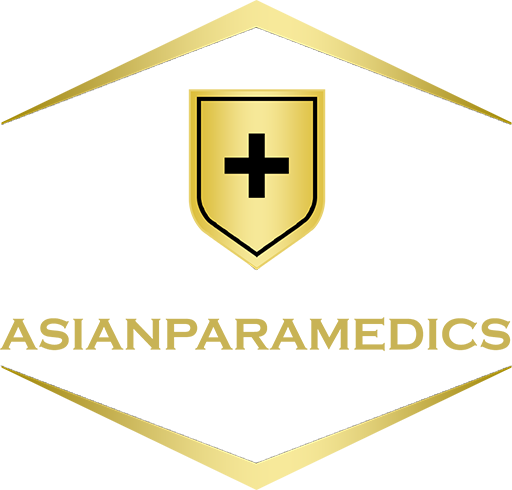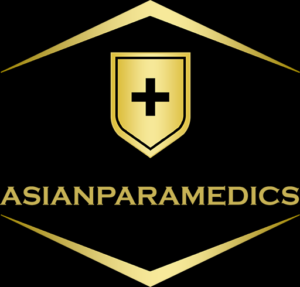Quiz Answers
- Which needle gauge corresponds with the smallest needle size?
- a. 18
- b. 20
- c. 21
- d. 22
- e. 23 ✅
- The vacutainer tube which is used to collect and separate serum is the:
- a. Red
- b. Green
- c. Lavender
- d. Light blue
- e. SST ✅
- If a lavender top, plain red top, grey top, and light blue top tubes are collected, what is the order of draw:
- a. They can be collected in any order
- b. Plain red top, lavender, blue, grey
- c. Blue, plain red top, grey, lavender
- d. Grey, blue, lavender, plain red top
- e. Plain red top, light blue, lavender, grey ✅
- The tourniquet is:
- a. Applied very tightly to the arm
- b. Used to increase venous fill ✅
- c. Applied about 6-8″ above the elbow
- d. Tied in a knot to keep it on securely
- e. Released after the needle is withdrawn
- If a patient faints during a venipuncture, you should:
- a. Call the physician at once
- b. Remove the needle and attend to the patient ✅
- c. Yell loudly at the patient to keep him conscious
- d. Continue the procedure until all blood is collected
- e. Start artificial respiration immediately
- What vein/veins is not used to obtain a venous blood sample:
- a. Basilica vein
- b. Cephalic vein
- c. Medial cubital vein
- d. Femoral vein ✅
- e. Veins on the back of the hand
- A blood specimen collected in a heparinized tube is centrifuged. It will separate into:
- a. Serum and clot
- b. Plasma and clot
- c. Serum and plasma
- d. Plasma, buffy coat, RBC ✅
- Hemolysis may result from:
- a. Using a 25-gauge needle on an adult
- b. Vigorously shaking the blood specimen
- c. Refrigerating the vacutainer before use
- d. Leaving the tourniquet on for 3 minutes
- e. All of the above ✅
- The test procedure that uses a Westergren tube is:
- a. Erythrocyte sedimentation rate ✅
- b. Hematocrit
- c. Reticulocyte count
- d. Microhematocrit
- e. Differential
- Latex gloves protect the lab employee from:
- a. Accidental needle puncture
- b. Microtome injury
- c. Patient aerosols
- d. Body fluid ✅
- e. All of the above
- Which statement is false when setting up an ESR:
- a. It must be read in exactly one hour
- b. It should be set up near a centrifuge ✅
- c. The blood level must be at exactly zero
- d. It should be performed on fresh blood
- e. It must be set up in a vertical position
- What is the normal temperature of a laboratory refrigerator:
- a. -4°C
- b. 0°C
- c. 3°C ✅
- d. 20°C
- e. 37°C
- The purpose of doing a differential is to:
- a. Determine the proportion of RBC in whole blood
- b. Count the number of WBC’s in whole blood
- c. Determine the proportions of WBC’s in whole blood ✅
- d. c & e
- e. Diagnose anemia
- Blood samples for cell counts must be thoroughly mixed immediately before testing to:
- a. Prevent the clumping of platelets
- b. Prevent the formation of small clots
- c. Oxygenate the sample
- d. Ensure even distribution of all blood components ✅
- e. Mix anticoagulant with the blood
- An automated hematology cell count uses the principle of:
- a. Diffusion
- b. Color absorption changes
- c. High frequency sound waves
- d. Changes in cell electrical currents ✅
- e. Light wave scattering
- The maximum depth to perform a heel puncture on a newborn is:
- a. 1.5mm
- b. 2.0mm
- c. 2.4mm ✅
- d. 2.8mm
- e. 3.0mm
- The first drop of blood is wiped away after performing a skin puncture to:
- a. Remove any pathogens that are present
- b. Increase blood flow to the area
- c. Remove the last traces of alcohol
- d. Remove any excess tissue fluid
- e. c & d ✅
- What areas on an infant are suitable for skin puncture:
- a. Any calloused areas of the foot
- b. The second or third finger on either hand
- c. The posterior curvature of the heel
- d. The lateral, flat portion of the heel ✅
- What laboratory department studies antigen-antibody reaction:
- a. Hematology
- b. Microbiology
- c. Immunology ✅
- d. Chemistry
- e. Coagulation
- What tube would be drawn for ANA:
- a. Red
- b. Grey
- c. SST ✅
- d. Green
- e. Light blue
- A disinfectant used on metal surfaces is:
- a. 10% formalin
- b. 2% glutaraldehyde ✅
- c. 1% hypochlorite
- d. 70% isopropyl alcohol
- e. 15% iodine
- What tube would be collected for a cross-match:
- a. Lavender
- b. Light blue
- c. Green
- d. Grey
- e. Plain red top ✅
- Separated serum that is dark yellow to amber in color is termed:
- a. Crenated
- b. Lipemic
- c. Jaundiced
- d. Icteric ✅
- e. Hemolyzed
- Which factor would interfere with the growth of a pathogen:
- a. Appropriate nutrients
- b. Darkness
- c. A moist environment
- d. An acidic pH ✅
- e. A temperature of 37°C
- A specimen is:
- a. Material spread on a slide
- b. An amount of blood or urine
- c. A small sample taken to represent the whole organism or system ✅
- d. A colony of microorganisms growing on solid medium
- e. A technique used to microscopically examine urine


